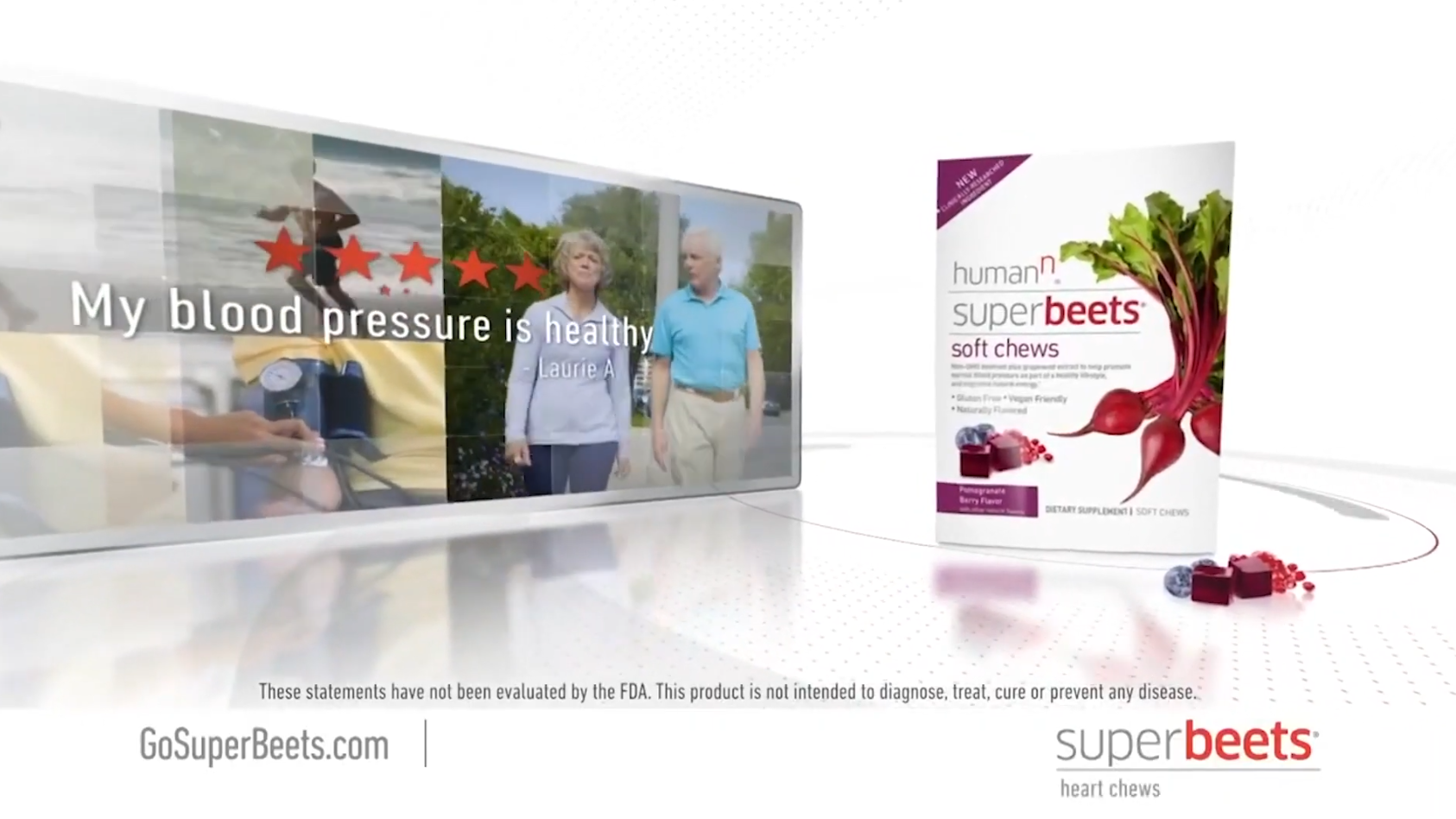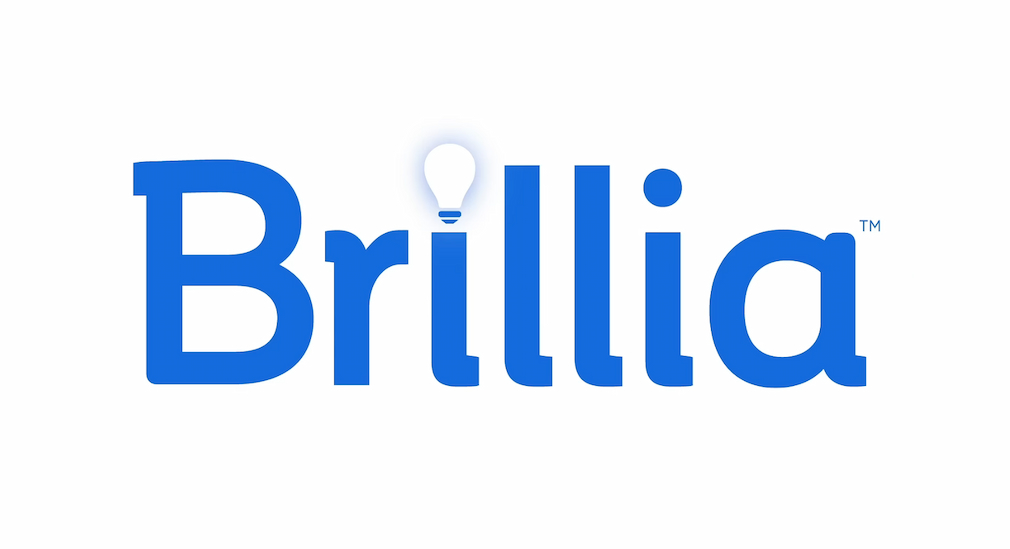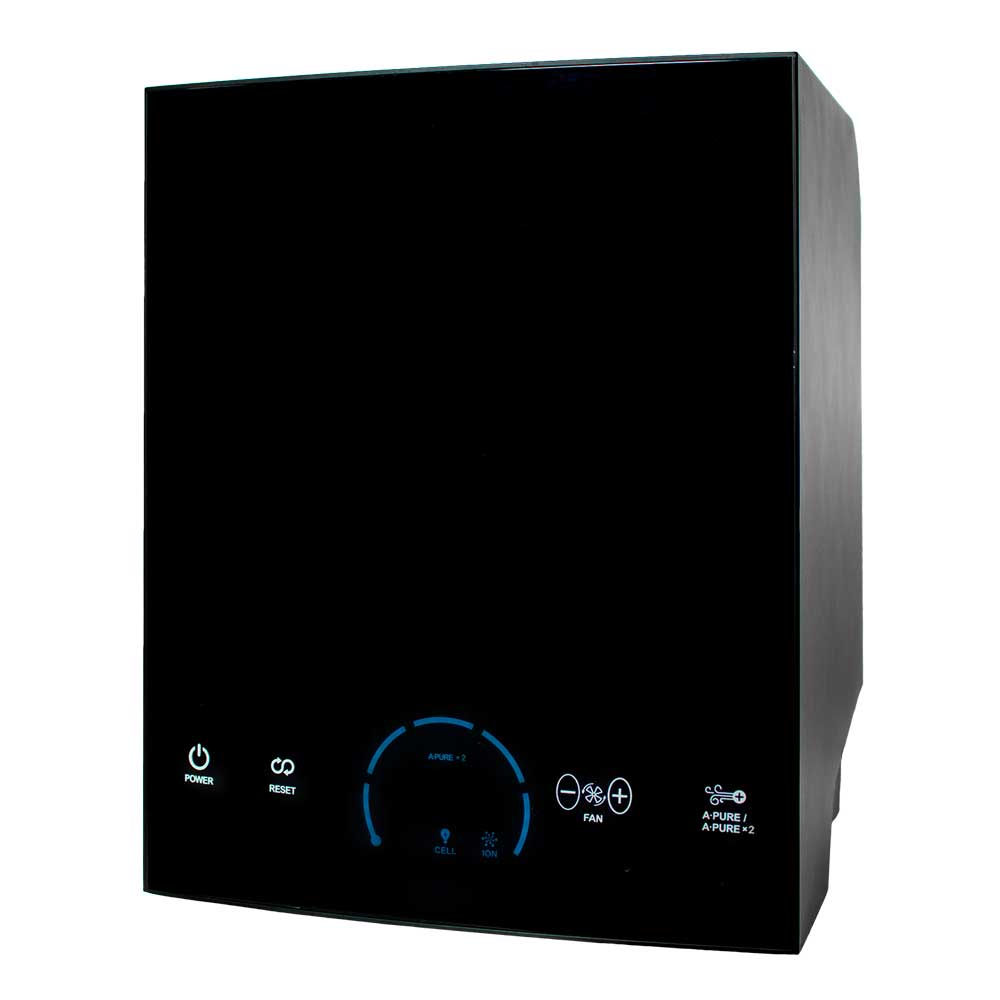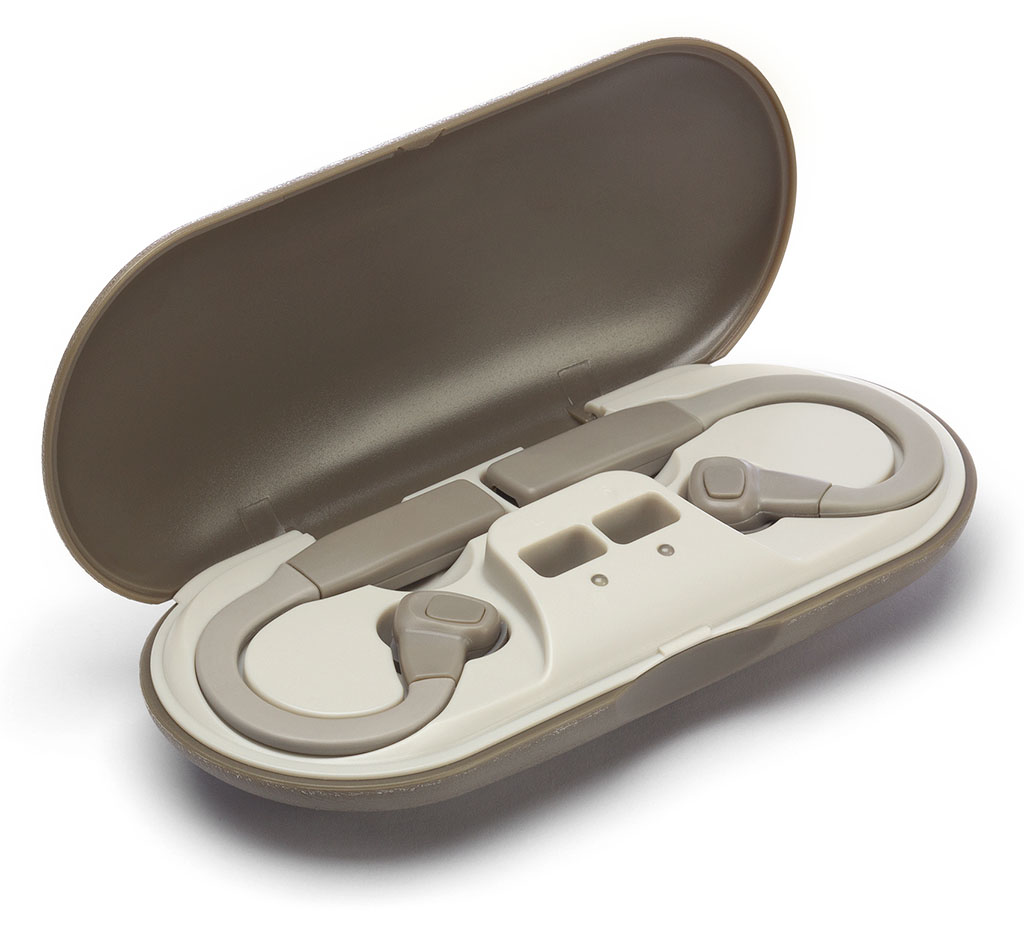
SuperBeets
TINA.org zooms in on the fine print in ad for “heart chews.”
In video testimonials on the product’s website, parents talk about being at their wits’ end when they saw an ad for Brillia for Children, a purported homeopathic, dissolvable tablet marketed to reduce the symptoms of ADHD, autism and other medical conditions in as little as two weeks with no harmful side effects.
In one video, a woman says her 6-year-old daughter was diagnosed with severe ADHD with “extreme, unmanageable symptoms” by a doctor who said the only option was “medicating” her. But she didn’t want that. She found an alternative: Brillia. And after two weeks of her daughter taking the product, she says:
She went from being stressed-out, bottom of her class, hiding under a blanket, in remote learning, to being at the top of her class and confident in her reading and able to keep up and understand where she was.
In another video, a mother says the side effects of medication prescribed by her 12-year-old daughter’s pediatrician for her anxiety and panic attacks included appetite loss and increased suicidal thoughts. But after almost three months on Brillia:
Her hyperventilating and panic attacks have disappeared. She is starting to take small little inconveniences in perspective again instead of letting them blow out of proportion with her anxiety. She’s even trying new things again at school, which is awesome to see. I feel like we are getting our real daughter back.
In other marketing materials, such as a national TV commercial and several Facebook ads, Brillia boasts about how it has “helped transform families’ lives” and about how its product is the “best non-prescription solution to reduce anxiety & attention challenges.”
No parent wants to watch their child struggle. But after receiving a tip from a reader, TINA.org found that Brillia isn’t giving parents the full story.
For starters, the results depicted in these testimonials (which along with others were the subject of a recent FDA letter to Brillia – more on that to come) may not be representative of what children will generally experience taking Brillia.
Fine print below the videos notes that, “Videos are unscripted personal experiences from Brillia customers. Results may vary.*” The asterisk leads to another tiny print disclaimer, this one located at the very bottom of the page, that states in part:
*We are not suggesting that Brillia is a magic pill (we don’t believe there is one). It is also important to note that Brillia’s individual results vary.
(Here, Brillia also reveals that it solicited the videos from “customers who purchased Brillia and had a favorable experience, posted a review or emailed the company,” and in “appreciation for their video, reviewers were sent a complimentary 3-month supply of Brillia,” which would normally cost more than $100.)
What does the law have to say about statements like “Results may vary” or “Individual results vary”? According to the FTC’s Endorsement Guides, if advertisers don’t have adequate proof to back up claims that advertised results are typical of what users will generally achieve, they must clearly and conspicuously disclose generally expected outcomes – something Brillia doesn’t appear to have done here.
But wait, there’s more.
Remember that FDA letter we mentioned? In December, the FDA notified Brillia that a review of the company’s websites found that Brillia was marketing products to treat diseases or conditions like ADHD and autism without the required FDA approval. In addition to the two testimonials above, the FDA cited, among other examples, a third testimonial for Brillia for Children:
My son (6) has ASD [autism spectrum disorder], ODD [oppositional defiant disorder], ADHD, anxiety and we used it for 3 months. We saw improvement…He’s doing great!
(The FDA also cited unapproved drug claims for Brillia for Adults, which is intended for users 18 and older, such as a review that stated, “I have been on ADHD prescription meds before. I’m off them now because of side effects. I took the whole (Brillia) package…I recently realized how much good it really was doing. I just re-ordered.”)
In addition, while Brillia is marketed as a homeopathic, the FDA found that its active ingredient, Lapine S-100B immune globulin – which the company claims regulates the activity of the S-100B protein “most prevalent in the brain” to reduce feelings of anxiety, hyperactivity and stress – is not recognized in the Homeopathic Pharmacopoeia of the United States (HPUS).
Brillia also asserts in its marketing that its active ingredient is registered with the FDA. However, what’s important for consumers to remember is that the FDA hasn’t approved any homeopathic product.
Go deeper
While both Brillia for Children and Brillia for Adults are marketed as “clinically proven” and “verified by science,” TINA.org reviewed the “clinical summary” of the two studies supporting the company’s clinically proven claims and identified a number of issues. These include, among other potential issues:
Company responds
In response to a request for comment, Brillia said it has responded to the FDA’s December letter. The company said that while its active ingredient isn’t listed in the HPUS, “Lapine S-100B is well studied as a homeopathic drug,” adding:
Brillia — the same product — is registered and marketed under various brand names in 16 countries outside the U.S. It has been subject to significant clinical and pre-clinical studies in Europe. These studies go well beyond the two referenced on the Brillia website.
Brillia did not respond to any of the issues TINA.org raised with the studies referenced on the website.
And despite its use of powerful testimonials from parents who say Brillia treated their children’s ADHD and anxiety, among other things, the company said it doesn’t “represent Brillia as a ‘magic pill’” or “assert that Brillia works as well as prescription medications.”
The company said it recommends a holistic approach and offers “a gentle non-prescription medication such as Brillia as an option to consider and try to see if it can provide the relief that is needed without possible harmful side effects. That said, we acknowledge that Brillia does not provide the same results for everyone.”
TINA.org also reached out to the FDA for comment. The agency has yet to respond.
The bottom line
Consumers should consult with their health care provider before deciding to take – or give their child – any product claiming to treat the symptoms of conditions such as ADHD or autism or the conditions themselves.
Find more of our coverage on purported homeopathic remedies here.
Our Ad Alerts are not just about false and deceptive marketing issues, but may also be about ads that, although not necessarily deceptive, should be viewed with caution. Ad Alerts can also be about single issues and may not include a comprehensive list of all marketing issues relating to the brand discussed.
TINA.org zooms in on the fine print in ad for “heart chews.”
Products’ purported efficacy against COVID-19 reflects results from lab studies, not real-world studies. There’s a big difference.
Claims for company’s pink noise-emitting earbuds ring hollow.


